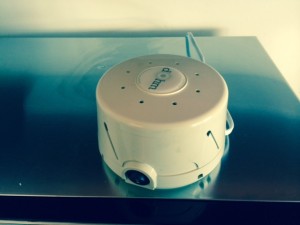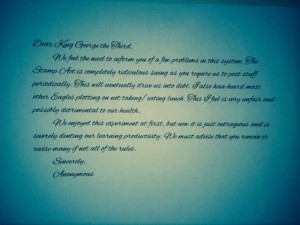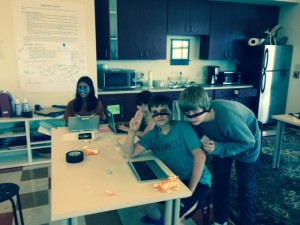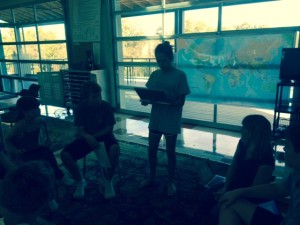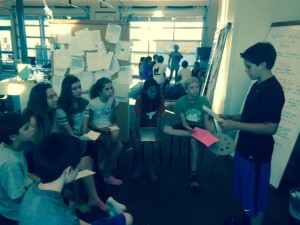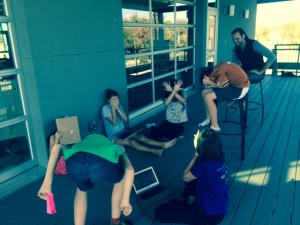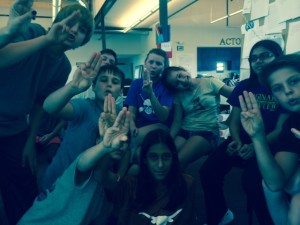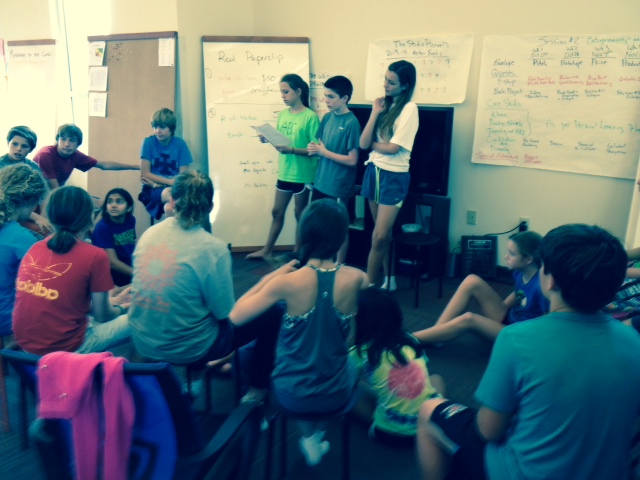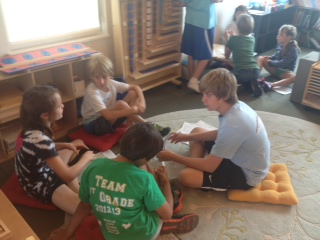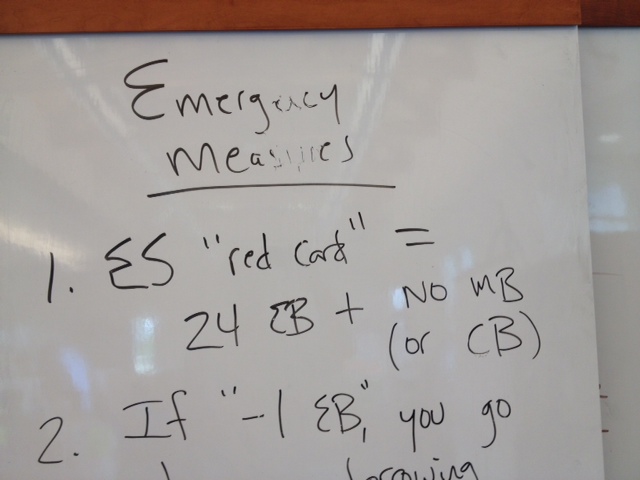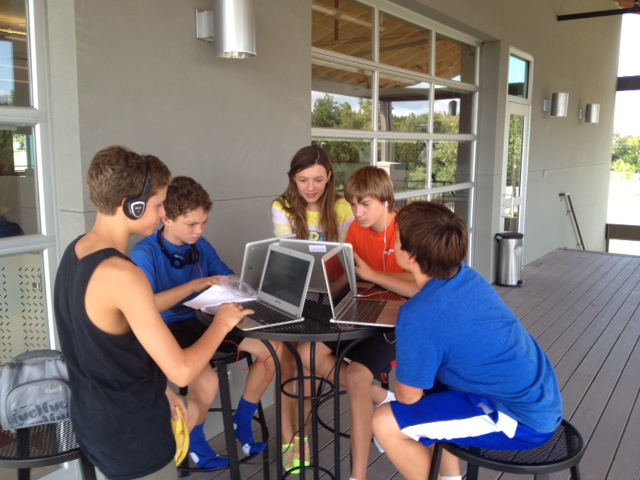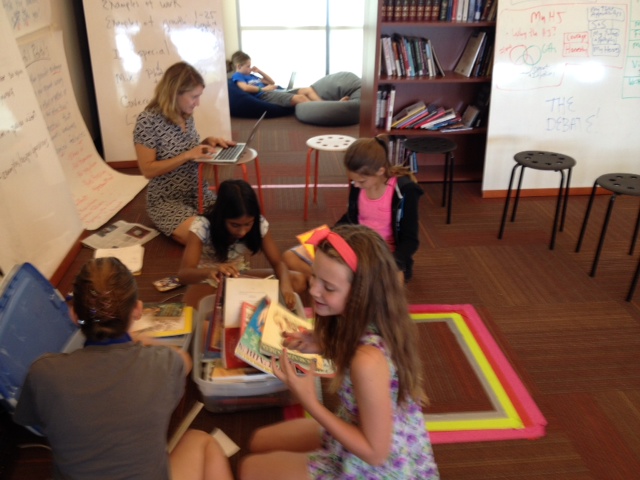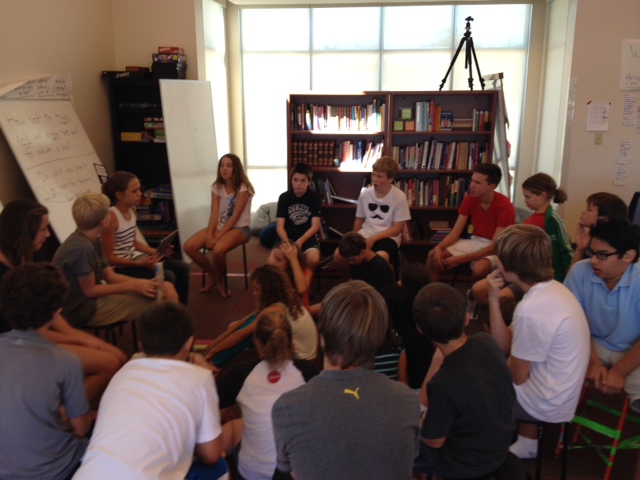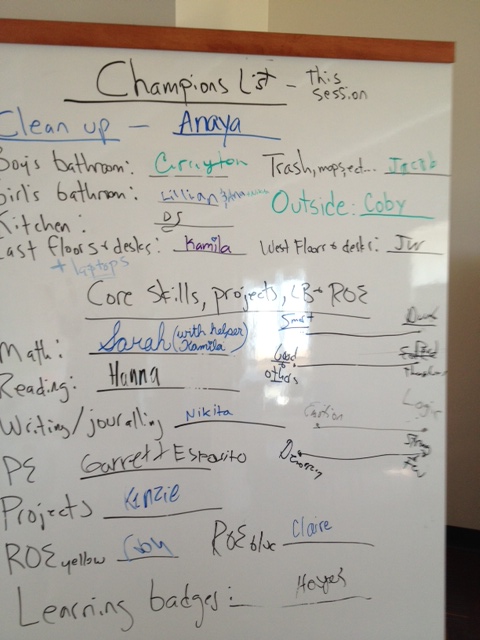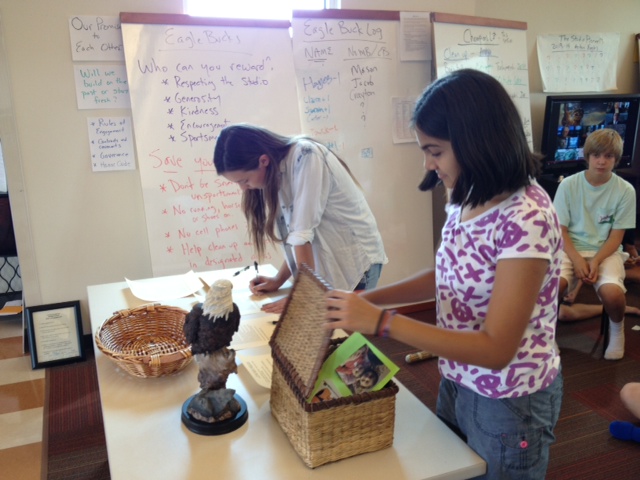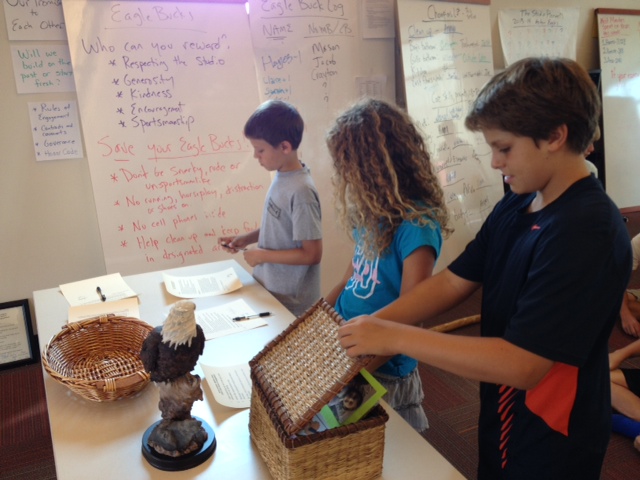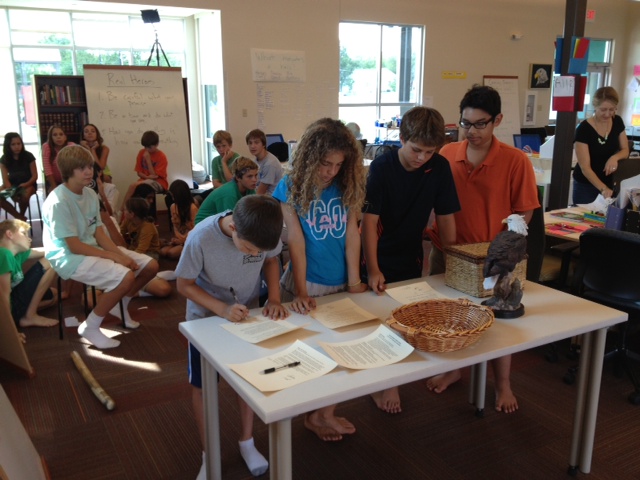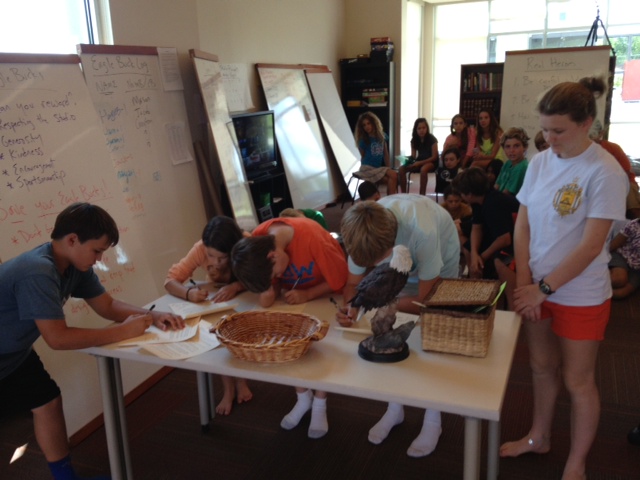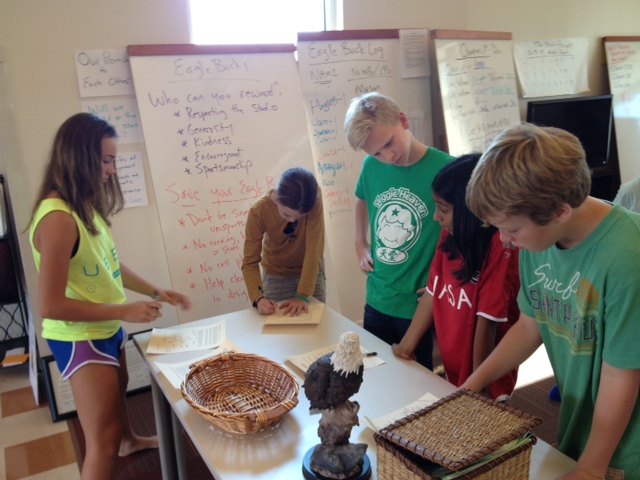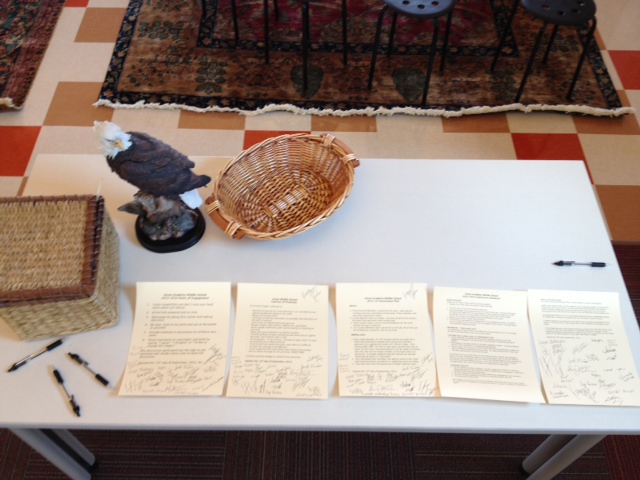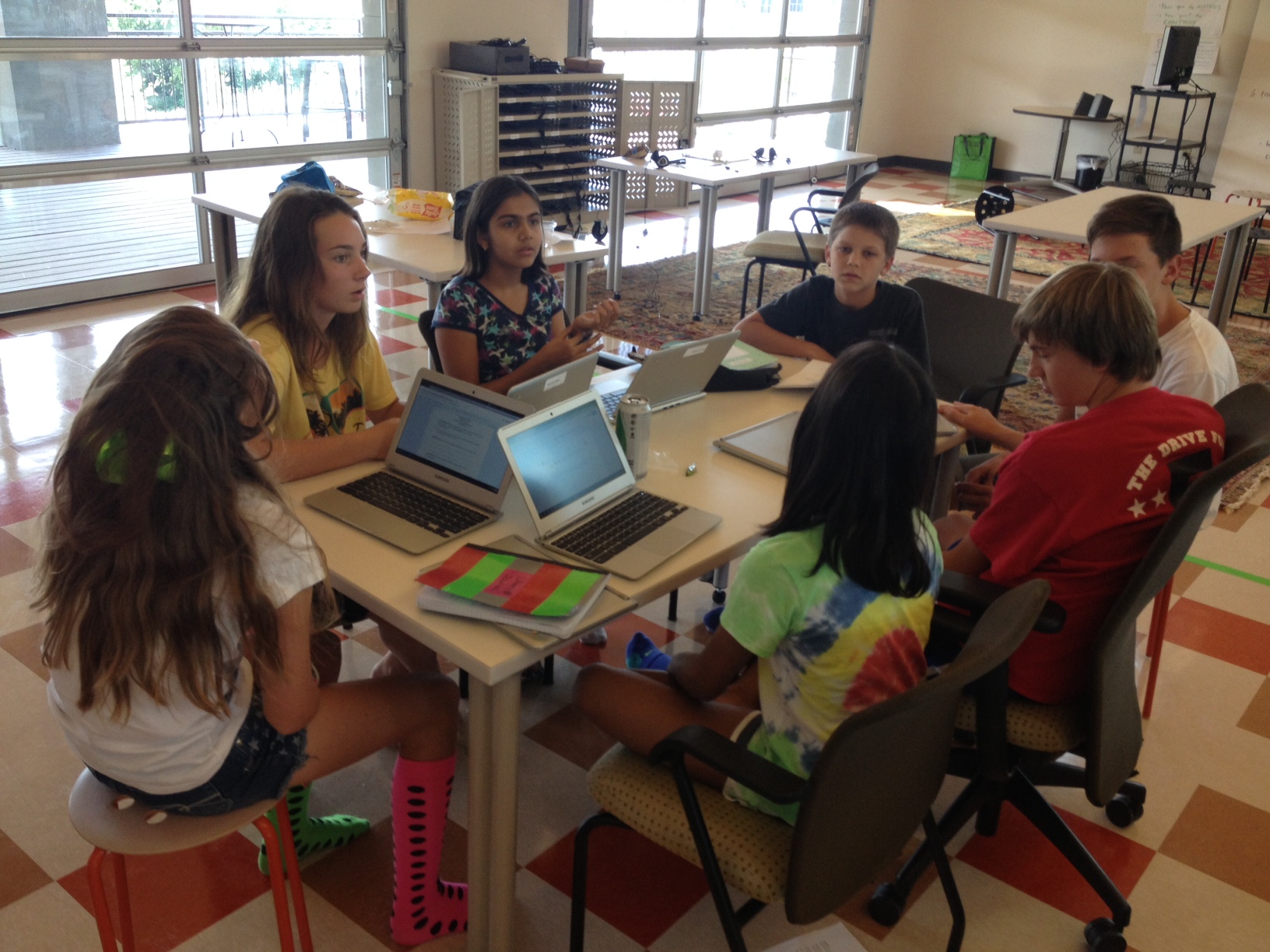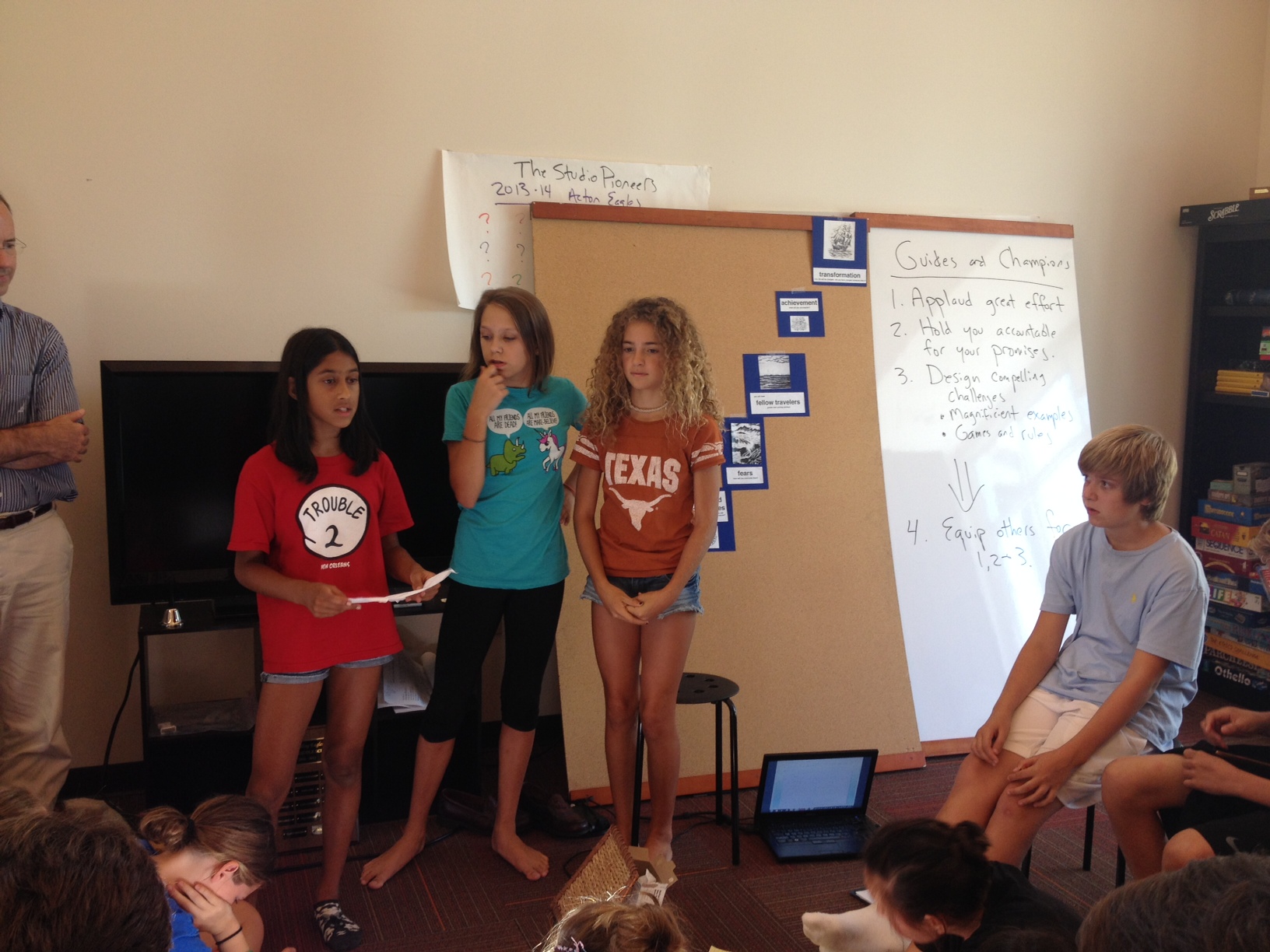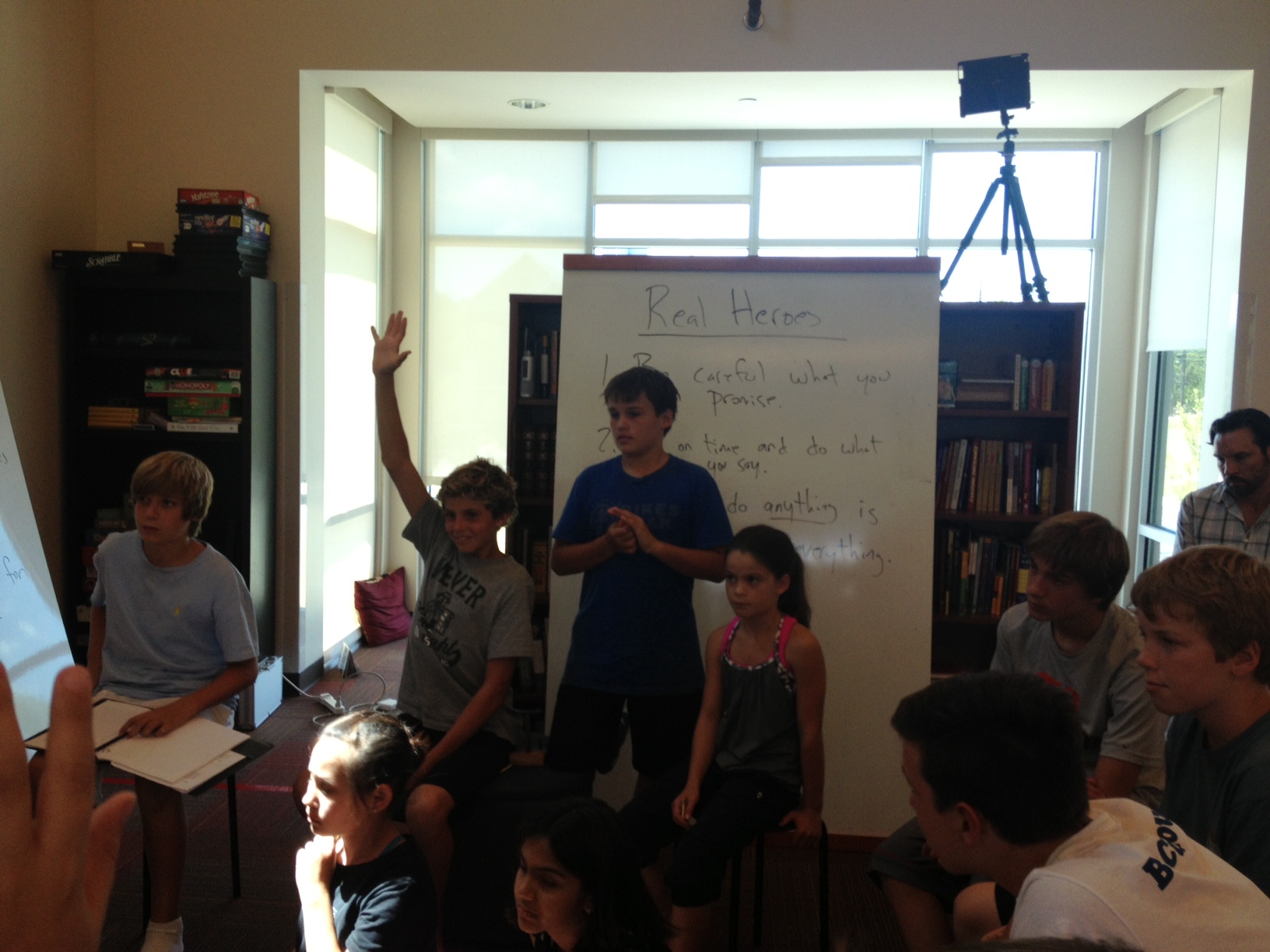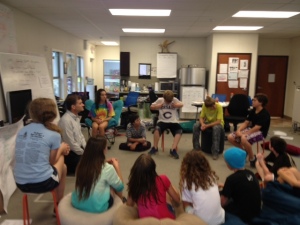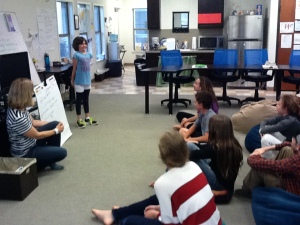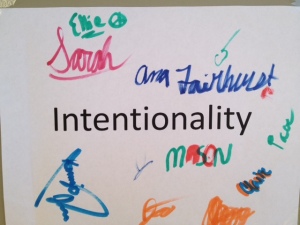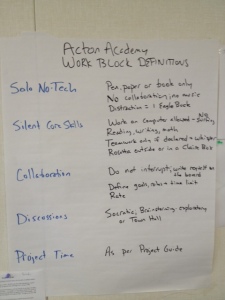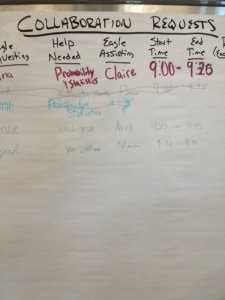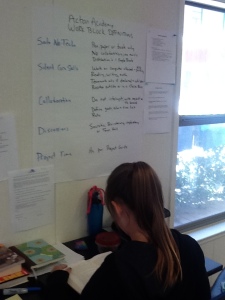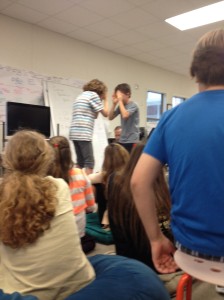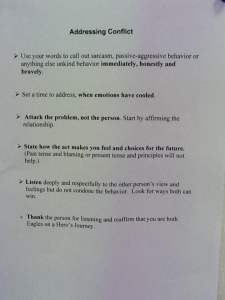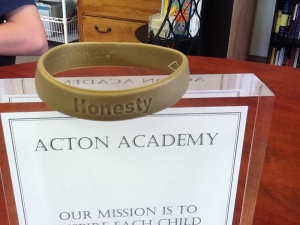We trust our Eagles to report whether or not they have completed a challenge and done their “best work.” Human beings, however, are fallible, especially when given too much to do, in too little time, with special adventures being offered for delivering everything on time.
Last week we decided to focus on the importance of self reporting, and accidentally created a firestorm of confusion.
We paid special attention last week to self reporting in Socratic discussions, stressing the importance of reporting accurately and turning in “the best work you can do.” On Friday, when it came time to qualify for this week’s special adventure, we read the checklist of deliverables item by item, asking Eagles to sit if they had missed an item. Many Eagles sat down, acknowledging that they hadn’t completed one task or another, understandable, given the workload they’ve been under. By the end, fifteen or so Eagles had certified that they had completed all the items.
Afterwards, a Guide checked the No Red Ink program and noticed that five of those who reported they had scored a 90 or above on this week’s quiz had not achieved this goal, according to the program’s dashboard.
A Council meeting was called, and the Council agreed that the misreporting was serious enough that the five Eagles would be asked to remain home on Monday, and decided to inform each privately to avoid embarrassment.
After the Eagles were informed, one Eagle showed one Guide a screen shot that showed he/she had scored a 100 and the dashboard had not accurately captured his/her score. Another Eagle swore that he/she had finished with a 90, but the dashboard showed otherwise. A third Eagle claimed to have accidentally done the wrong test and the dashboard confirmed that the Eagle had scored a 100, but on the wrong quiz. The last two Eagles, as far as we know, did not lodge an immediate appeal. Later, one would report that he/she had scored a 90.
At this point, with only a few minutes before Friday’s field trip adventure would begin, there was mass confusion. It is important to note that there were several categories of errors: (1) An apparent technical glitch in the program; (2) A possible error in submitting a final score, either by the program or an Eagle not hitting “submit;” (3) An Eagle who had done the wrong test but accurately reported his/her score; (4) An Eagle who reported a 90 but had no independent verification; and (5) One Eagle who said he/she just failed to listen/read carefully enough.
Which of these were “the dog ate my homework” errors; which were forgivable and which were more serious lapses?
Because of all the confusion and ambiguity, the Council voted over the weekend that all Eagles will be invited back to campus on Monday, and this incident will be put behind us.
Further investigation this weekend suggests that while some Eagles may have been genuinely confused, the computer program appears likely to have been accurately reporting scores all along, and that there is a high likelihood that several of the Eagles did not score a 90 or above.
As you can imagine, still lots of confusion and some hard feelings, which we will sort out this week, being careful to separate the personal issues from the governance issues and to prevent long term hard feelings or factions. Those with a personal issue with another Eagle will be encouraged to address the person openly and directly with a facilitated process, either in private or publicly. Governance issues and strengthening due process in the studio will be addressed in a Town Hall meeting.
As parents, we’ve learned at Acton to listen empathetically; equip our Eagles with the right words, and then send them back into the fray to sort things out for themselves. It’s hard to do, but the best way to learn to cope and stay healthy in the real world, in high pressure situations.
Human communities are messy, but the Eagles (and Guides) are learning lots of important lessons, especially about self governance in an Eagle led learning community.





